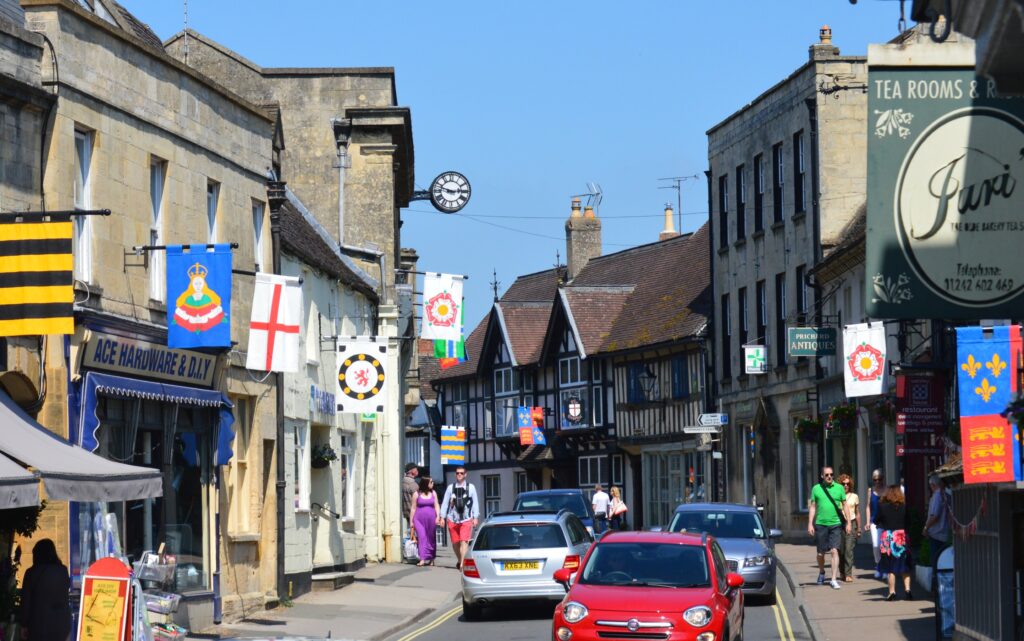
We are delighted to report that a film on natural flood management, which the CCRI helped to make, has won an award.
CCRI’s Chris Short and some of the winning team members were at the Stroud Community TV Awards last night, which form part of the Stroud Film Festival, to receive the ‘best green film’ award.
The fourth Stroud Community TV Awards were held at The Crown and Sceptre. The event was well attended by local film makers and those interested in seeing award-winning local films. From over 2,200 films, the public had nominated their best films in seven different categories. Our winning film is called “Rural Sustainable Drainage – Natural Flood Management in the Stroud Valleys”
Chris Short said,
“To win was a real pleasure and the comments of the judges showed how impressed they were. This is a testament to the really productive working relationship between Chris Uttley, the project officer in Stroud, and Anthony Lyons who was the Artist in residence at the CCRI. The strong community connection in the film that was noted by the judges really showed through as a number of people who featured in the film were present for the awards. “

The film relates to work that the CCRI undertook with Stroud District Council to tackle floods and help wildlife on the streams of the Stroud valleys. Instead of spending hundreds of thousands of pounds on concrete and steel structures, it has been using trees and other natural features to reduce the risk of flooding in the area. Working with local land owners, natural flood defence structures have been built in the headwaters of the Slad Brook and Painswick Stream. Chris Short gave a public lecture on natural flood management at the University of Gloucestershire last month, which was related to this project. His presentation can be found on CCRI’s SlideShare page.
The film is timely as the winter has shown the flood defences to be individually working well and, perhaps most importantly, collectively having an impact. Heavy overnight rain again caused streams and rivers to swell up in the Stroud valleys, but the natural defence structures helped reduce the speed of the flow, increased the infiltration across the wider area around the water course and captured the debris.

Chris continued,
“There is another four years for this project to run, so the impact and benefit to people and wildlife will continue to grow and the communities around Stroud will remain at its heart. It has been a pleasure for the CCRI and the University as a whole to be involved in this and we are working hard for this relationship to continue to grow so that we understand and can robustly present the contributions of this approach to the protection of homes and the increased resilience of the natural areas in the Stroud valleys.”




